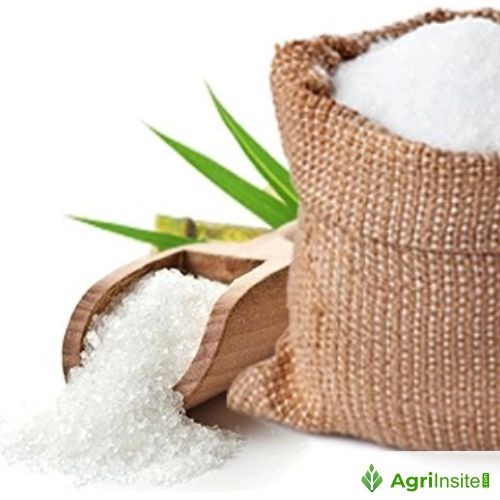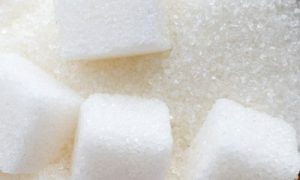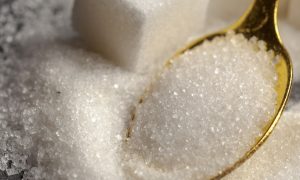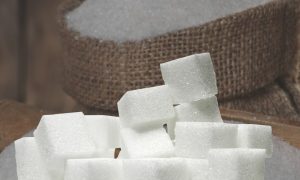Experts Urge Nigerian Government to Raise Sugar Tax

A public health expert has urged the Nigerian Government to raise the excise tax on sugar-sweetened beverages from ₦10 to ₦130 per litre. Dr. Oluwatosin Edafe of CAPPA said this would curb rising non-communicable diseases, generate ₦729 billion annually, and fund health programs. She cited global successes and stressed the urgent need for bold action.
The Nigerian Government has been urged to significantly increase the excise tax on sugar-sweetened beverages (SSBs) from the current ₦10 to ₦130 per litre in a bid to curb the growing public health and economic crisis linked to excessive sugar consumption.
Dr Oluwatosin Edafe, a public health expert with Corporate Accountability and Public Participation Africa (CAPPA), made the call during a training workshop for journalists on SSB taxation held in Kano State, North-West Nigeria.
Dr Edafe stated that the current tax is too minimal to influence consumer behaviour or reduce consumption levels of SSBs, which are contributing significantly to the rise of non-communicable diseases (NCDs) in Nigeria.
“Taxation is a proven and cost-effective tool to reduce this burden and protect households from disease and financial ruin,” she said.
Economic and Health Impacts
According to Dr Edafe, Nigeria could generate up to ₦729 billion annually from a higher SSB tax rate, especially if such revenues are earmarked for health and nutrition programmes that benefit local communities directly.
She further explained that over 70% of healthcare expenses in Nigeria are paid out-of-pocket, with many households spending up to 24% of their food budget on the treatment of NCDs such as diabetes, obesity, and cardiovascular diseases.
“Poor households bear the highest health and economic burden,” she noted, stressing that increased taxation would not only reduce consumption but also serve as a funding mechanism for vital healthcare services.
Global Evidence and Local Potential
Citing global precedents, Dr Edafe said countries like Mexico, South Africa, and the United Kingdom have recorded positive outcomes from implementing higher SSB taxes, including lower consumption rates, product reformulation, and increased public health funding.
She noted that Nigeria currently consumes 38.6 million litres of sugar-sweetened beverages annually, underscoring the significant revenue potential from a well-structured tax regime.
“By increasing the tax rate and investing the proceeds into public health initiatives, Nigeria can promote healthier lifestyles and reduce the economic burden of sugar-related diseases,” she concluded.
Dr Edafe called on the Nigerian Government to seriously consider the proposal, as a bold step toward achieving better health outcomes and safeguarding future generations.
To Read more about Sugar Industry continue reading Agriinsite.com
Source : VON















